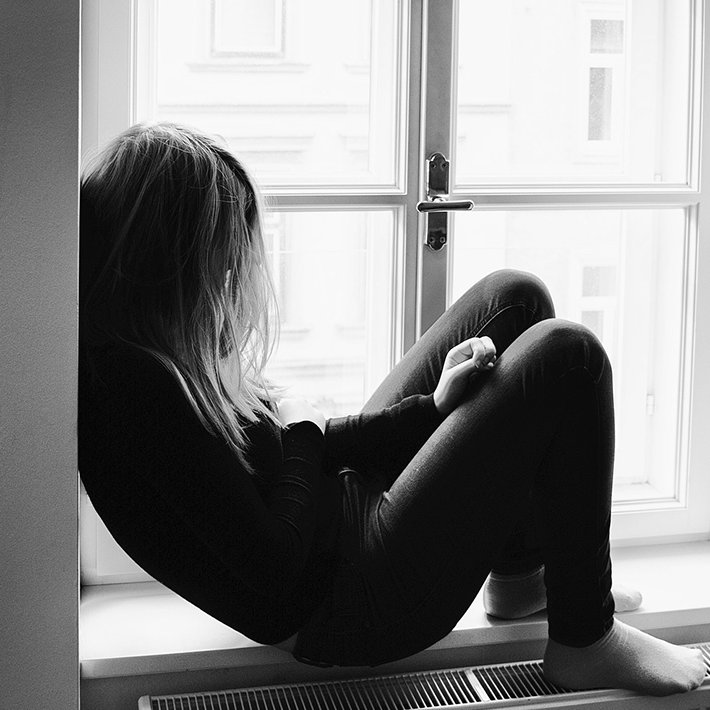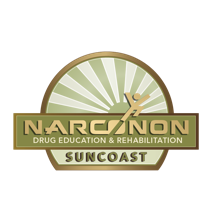Can an Addict Ever Use Successfully?
In today’s society, you would be hard-pressed to meet someone who hasn’t been touched by addiction in some way, shape or form. It seems that everyone knows someone who is an addict. Families all over the country experience sleepless nights and anxiety attacks not knowing if their son, daughter, mother or father is going to be killed by their addiction.

Once it is found that a family member is addicted the first reaction is upset, anger and disappointment. After these initial emotions subside, the search for help commences. Many times the addict has been beaten down by their addiction so severely that the opportunity to enter into a rehabilitation program is a Godsend and a reprieve from their daily suffering. Other addicts wallow in denial, thinking everyone around them is crazy and they are “doing just fine the way they are.”
After a family puts their loved one into a treatment program a palpable sense of hope flows through them. They feel that their loved one finally has a chance to create a good life with a sense of normalcy, leaving their addiction in the dust.
But what happens if the addict fails at rehab?
What if they relapse after returning home?
What if they get dismissed from the treatment center due to poor behavior?
What does the family do then?
Families are faced with dilemma after dilemma, crisis after crisis when dealing with an addict. Sometimes an addict doesn’t “get it” the first time they go to treatment. Some addicts feel as though they can “handle” their drug use successfully or that they’re just not done with the lifestyle. Or they say
“I definitely won’t do heroin anymore but I’m still going to drink and smoke weed.”
Whatever the case may be, relapse is a stark reality for many addicts and families. What is the family to do if their loved one fails treatment and relapses or they get dismissed from a program? A family surely cannot turn their backs on their loved one.
The tough love approach can be a problem for some families whereas other families have no other method of dealing with their addicted son, daughter, mother or father other than using this approach. The definition of the “tough love” approach is:
Ceasing to enable an addict to continue their abhorrent behavior by not allowing the addict to stay at home, not giving the addict any money and basically cutting them off all together while maintaining a level of emotional support.

Some families cannot bring themselves to kick their loved one out of the home or cut them off because they are more afraid of what will happen to the addict if left out on the streets alone. A mother once said:
“He’s (her son) going to use drugs regardless so I’d at least rather have him at home where I know he’s at least somewhat safe.”
I’ve known families to go so far as to provide an apartment, car or insurance, cell phone, etc. to sons or daughters so that they are not “bothered” by these things so that they can “get themselves together”. Meanwhile the addict continues on his not-so-merry way down the spiral toward eventual imprisonment, death or worse.
On the flipside of the coin some families have absolutely no issue with the “tough love” approach and will do absolutely anything to get their family member into treatment.
The question that remains is:
“Does a family ever give up?”
The answer is a resounding “no.” Families never ever give up hope of their loved one salvaging themselves from ruin and conquering addiction. Sadly, many families deal with relapse after relapse, promises to stop using and get things together to no avail. The mental anguish and torture these families endure is sickening. But they will never give up. Even after an addict succumbs to their addiction the family continues to fight, to speak out against addiction and to prevent other families having to suffer through such tragedies. Relapse does not have to be a part of the recovery process. An addict can receive the right treatment and the right help and not endure the heartache of relapse and destroying their families hope. Addiction is NOT an incurable disease.


